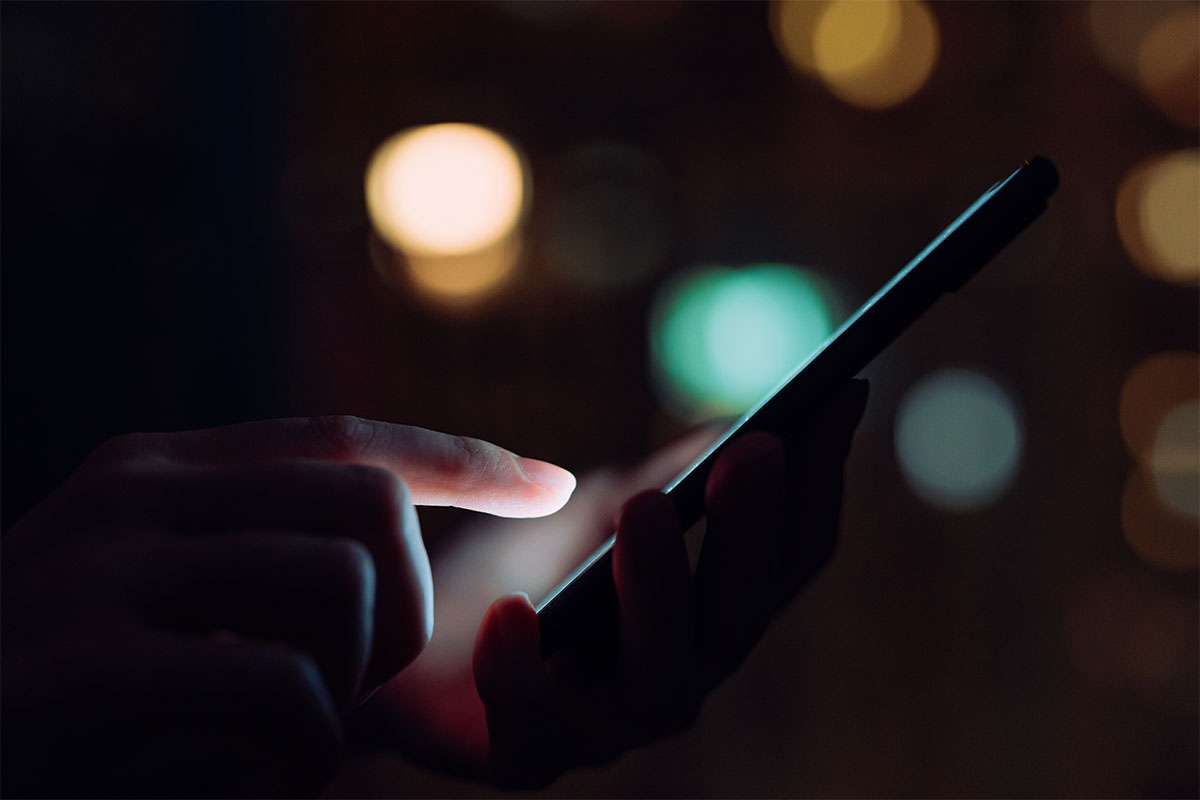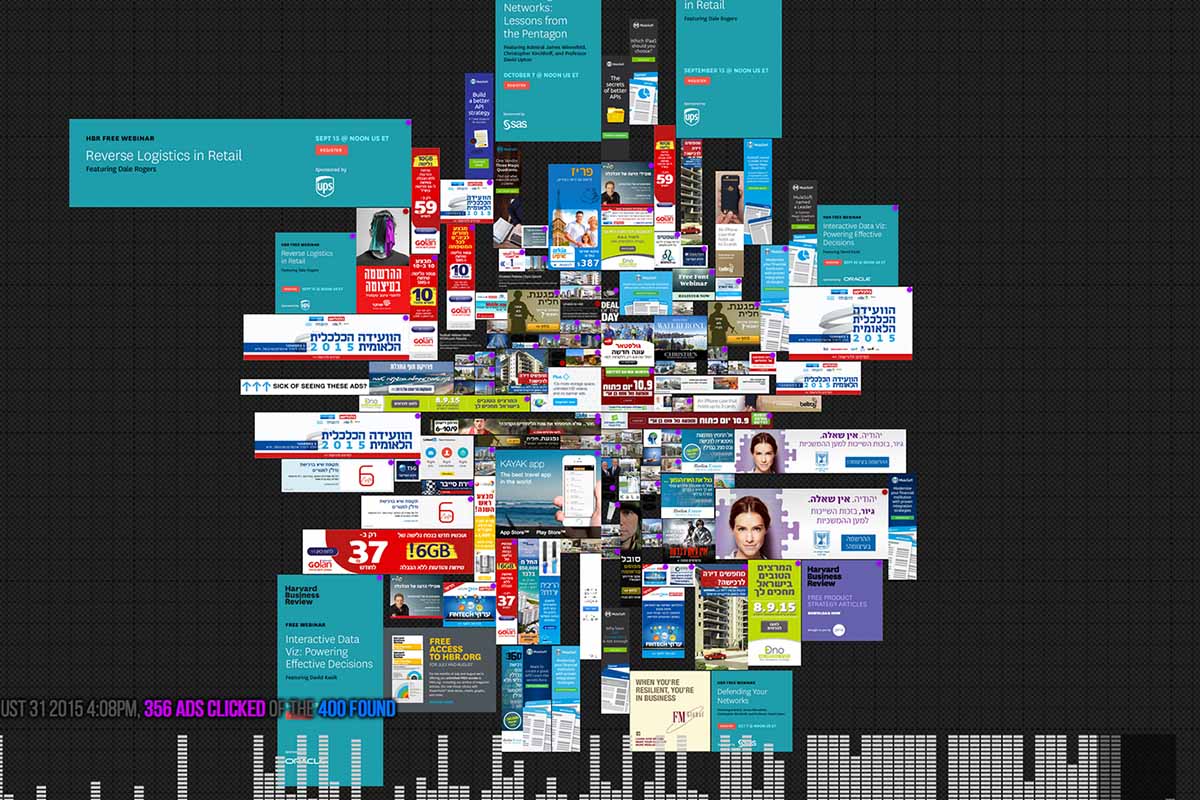“Mass surveillance on a budget” is the rather scary description of Fog Reveal, a cell phone tracking tool being used by law enforcement officials without the need for a search warrant.
As first reported by the Associated Press, Fog Reveal has been used by police to search hundreds of billions of records from 250 million mobile devices. The data, which can stretch back months, is then used to create location analyses known as “patterns of life.” And this tool, which has been around since 2018, is rarely ever mentioned in court records.
The app hails from Fog Data Science LLC, which was started by two former Department of Homeland Security officials. The technology follows advertising identification numbers assigned to each device, which don’t offer up the name of a phone’s user but can easily be traced (and are used by several popular mobile apps that target ads based on your movements and interests).
As Gizmodo notes, antiquated privacy laws are providing a loophole for police to monitor people who are willingly carrying around devices that track their movements and behaviors. “So while laws exist to prevent police from demanding access to your location, there is no law really specifying that companies can’t simply sell the information to police instead,” they write. Additionally, the Electronic Frontier Foundation (EFF) claims the use of Fog Reveal without a warrant violates the Fourth Amendment (unreasonable search and seizure) and even the First Amendment, as it may discourage people from, for example, attending protests.
Right now the use of Fog Reveal — and the purchasing of user data that can sidestep the use of warrants — is being called out by two Democratic representatives, Jerrold Nadler and Bennie Thompson, who sent requests to seven federal law enforcement agencies demanding details of potential purchases of Americans’ personal data that circumvent the legal process.
As the AP notes, Fog has been used successfully in certain extreme situations, such as a murder investigation of 25-year-old nurse Sydney Sutherland (however, its use was not documented in court records). The FBI has also used Fog in an attempt to identify individuals at the Jan. 6 Capitol attack.
In the end, it’s going to be up to lawmakers and the Supreme Court to figure out if and how services like Fog can be used — and particularly, if our location data can be utilized by authorities without a proper legal framework. In a statement, the EFF noted, “The biggest thing we can all do is put pressure on Congress and the states to protect our privacy. It’s up to lawmakers to act fast to flip the switch and forbid government entities from buying geolocation data sold on the open market.”
Thanks for reading InsideHook. Sign up for our daily newsletter and be in the know.


















